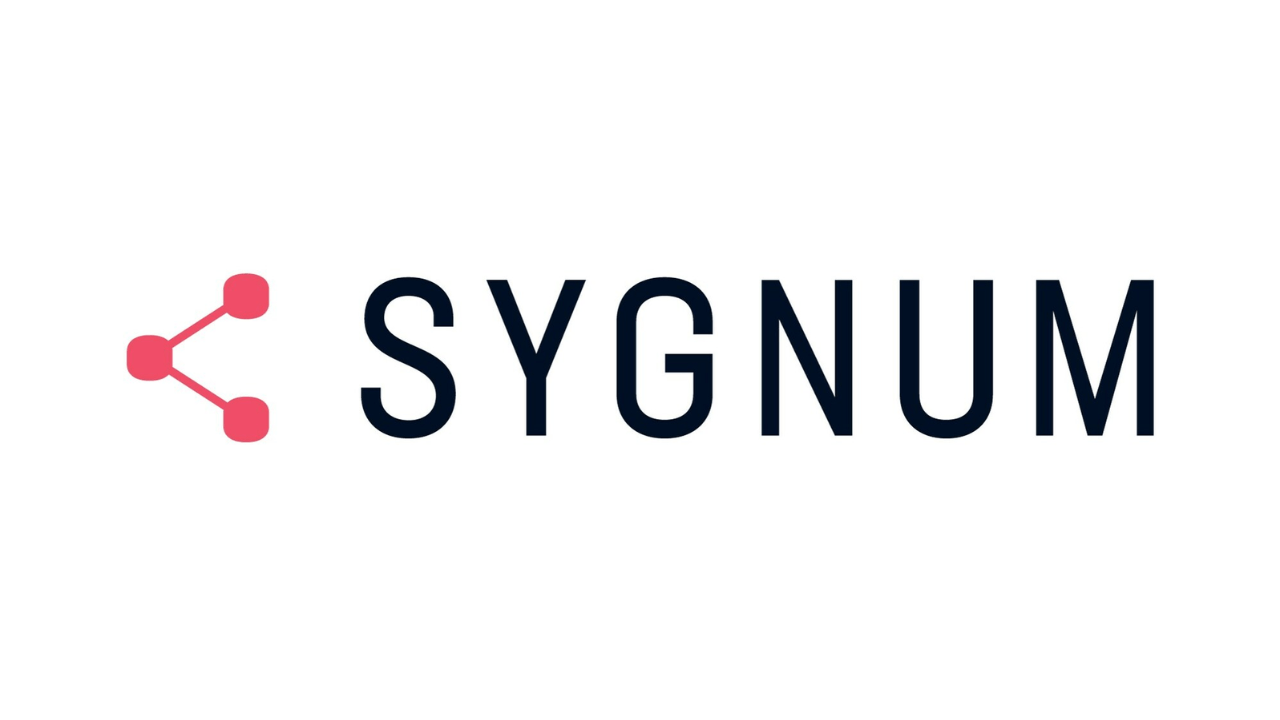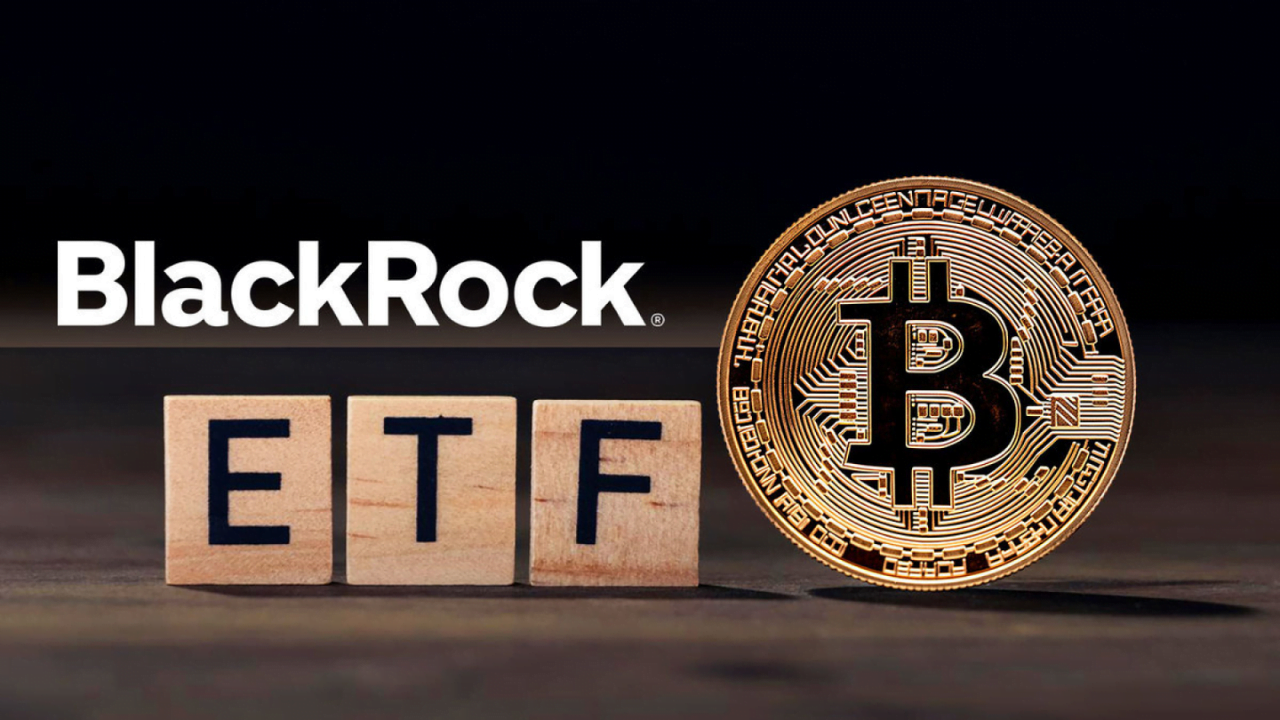China’s credit market is falling sharply daily amid a worsening property crisis that has so far eroded assumptions about safe borrowers. With the decline in the credit market, Chinese investors are now turning against troubled borrowers.
China’s junk dollar bonds are nearing record lows, even as a state-backed developer continues to push for payment delays on $1.6 billion notes. Meanwhile, there are also other signs of pressure where the debt of a private builder declared healthy a few months ago has dipped. Also, creditors have disagreed on a restructuring plan offered by the parent of BMW AG’s Chinese partner, Huachen Group.
All these latest indications show a credit market in crisis amid stress resulting from cash-starved private developers, government-backed agencies, and companies outside the housing sector. Also, rumors of Chinese investors pushing back on debt reprieves show dwindling confidence in the government’s ability to fix its current economic predicament.
According to Tiang Meng, senior Asia credit strategist at Australia and New Zealand Banking Group Limited, sentiment in China’s high yield market has deteriorated to levels not imagined several months ago. Tiang added that it would be challenging for developers, especially since the real estate sector within the country is yet to reach its bottom. Even if the industry eventually bottoms, he predicts that the recovery of HY bonds will be painful and time-consuming.
Thursday started with China South City Holding Ltd proposing changes to its dollar bonds. This includes plans to extend maturities as well as paying principal in installments.
Meanwhile, a decline in securities hitherto near par two months ago has unsettled investors who had further envisaged a state backing to prevent further decline. It would be recalled that China South City Holding Ltd. was the first builder to get a government bailout in May.
No solution in sight
Owing to the latest happenings in the Chinese credit market, prices of Chinese high yield dollar notes which is a market dominated by developers, have declined to record lows. Even though prices of some property notes rose on Thursday amid short covering, most of the market remains in distressed territory.
Fund managers are becoming increasingly worried about widespread mortgage payment boycotts by home buyers as some suppliers have already stopped repaying their loans.








